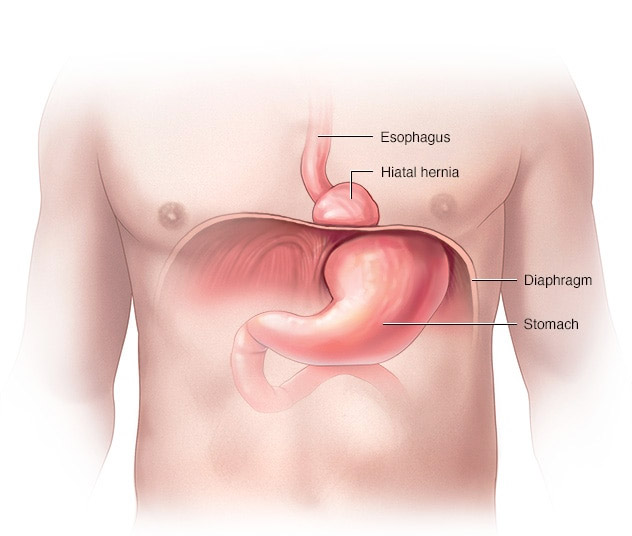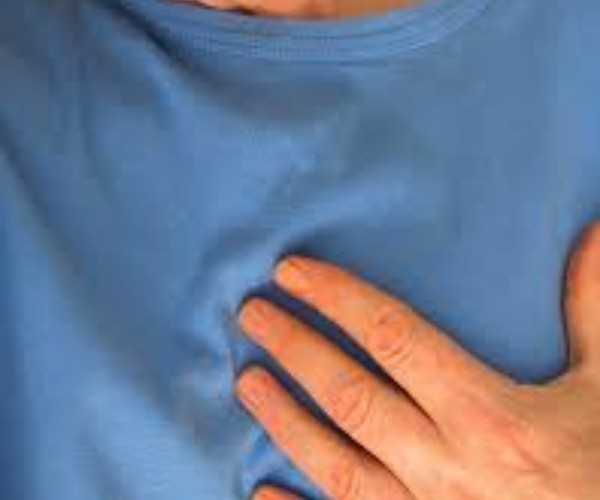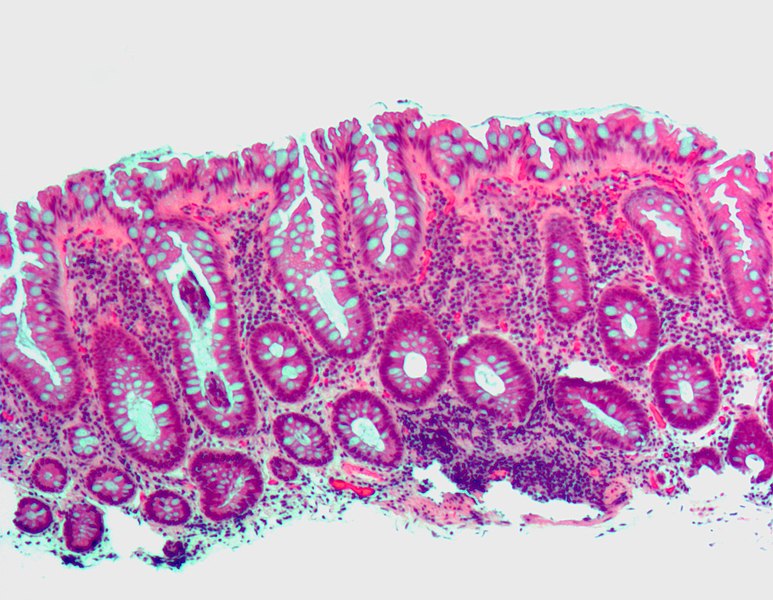When one considers that the world is home to a crowd of about a billion travelers who move by airplane and other means from one continent to another very quickly, one can understand how high the risk of being exposed to and contracting one of the many bacterial or viral infections, which are nonetheless present in all countries, but particularly consistently in developing countries.
These are countries where the local population itself is exposed on a daily basis to so many potential infections capable of causing serious ailments and diseases, without there being an organized health care network capable of offering disease prevention and treatment services to the sick, both general and chronic as well as specifically endemic diseases.
Having to undertake a trip, whether for business or leisure, it is necessary to gather detailed information about the places you intend to visit, considering that the map of countries where the risk of exposure to “traveler’s diseases” sees at the top places:Africa,Asia (eastern and southern areas),Latin America, and Middle – Eastern countries.
There are travelers running around like tourists and who usually have a lot of time to plan their travel, but there are many travelers who travel the world as workers (skilled technicians and workers, sales representatives, health workers, international government personnel, volunteers from humanitarian organizations, etc.) who have less time available in travel planning.
For all such travelers, the issue arises of being well informed about what to “do and not to do,” what to know in terms of prevention and treatment about a large list of infections and diseases peculiar to the places to which one is about to go, while respecting local culture and traditions.
Salmonella, a bacterium usually transmitted through food, is responsible for infections of individuals as well as whole groups and communities.
The bacterium, which was detected in the late 19th century from the doctor Daniel E. Salmon (from which it got its name) has about two thousand serotypes, although the most present and widespread variants in both humans and different animal species appear to be two, the salmonella enteritidis and the salmonella typhimurium, two strains known to be generally responsible for digestive system symptoms, unlike other variants that cause the typhoid fevers.
Before embarking on a trip to health-risk locations, it is advisable to talk to your doctor to take note of some potentially useful items in case of infection with salmonella or another infectious agent.
We recommend:
- Have awareness of ailments or diseases from which one is affected before starting the trip , such as prior illnesses (metabolic, gastrointestinal ,cardiovascular , etc.);
- List of medications you take regularly (antihypertensives, thyroid, antidiabetics, etc.);
- List of any food intolerances and allergies to specific foods ( e.g., nuts, fruits, vegetables, etc.);
- list of vaccines already practiced and those that would be advisable to practice;
- List of precautionary measures to prevent infection (choice of food and drink, personal hygiene, how to use the bathroom, etc.);
- Assessment by the treating physician of the risk of travel based on the elements (country of destination, diseases and disorders present, medications being taken, other additional factors).
Salmonellosis and typhoid fever are the two possible infections caused by the salmonella bacterium (depending on the specific variant of the bacterium).
Salmonella vaccine is available for only the variant that causes typhoid fever and not for the variant that causes gastroenteric disorders. However, the typhoid infection vaccine, which is effective in defending against chronically transmitted infections, is not sufficiently effective for more severe typhoid fever infections.
Prevention standards:
- Drinking only unopened mineral water in sealed bottles;
- Avoid drinking beverages such as fruit juices or hand-prepared juices;
- Avoid adding ice to beverages (as it may come from contaminated piped water);
- Use food-grade water only when boiled;
- Milk can be drunk only if it is pasteurized;
- Wash hands frequently;
- Use a disinfectant for hands and objects passed by other people;
- if you used to cook your own food, cook it at a temperature of at least 70-80 degrees;
- Avoid storing already cooked and leftover food if you do not have a refrigerator, to avoid subsequent contamination;
- Avoid touching pets or even rabbits, ferrets, or even house turtles, habitual carriers of the bacteria.
- carry in one’s luggage some medications that could potentially be used in case one were to contract salmonellosis or other;
- infection (disinfectants, antibiotics, antispasmodics, antipyretics, anti-diarrheals, intestinal disinfectants).
The spread of salmonella bacteria:
Salmonellae that generate gastroenteritis and diarrhea rather than typhoid fever have the highest epidemiological data with more than 170 million cases and about 100,000 deaths.
The risk of Salmonella infection is also usually present in developed and industrialized countries, while it is higher in developing countries. Salmonellosis and typhoid fever are infections found significantly among travelers who have traveled to Africa, Latin America, the Caribbean, as well as Asia and the Middle – East.





































































































